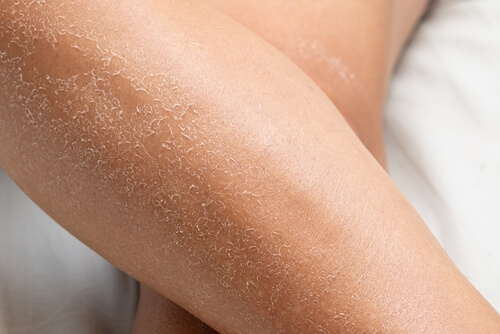PREVENTING DRY WINTER SKIN
London Dermatology | 25 November 2024
Long winter days evolve into chilly, gloomy evenings due to high winds, little sunshine, and temperatures below freezing. It’s normal to have dry, itchy skin throughout these long winter months. If not treated appropriately, our winter skin might be more prone to bleeding and cracking, which can cause discomfort and even infection.
During the winter months, dry air is often the cause of dry skin problems. There are a few things you can do to make sure your skin is well-hydrated if you have dry winter skin. Here are some strategies to find some respite.
Shortening Showers and Baths
Many people have the false belief that their body is absorbing moisture if their skin is soaked in water. Hot water, on the other hand, can actually remove the natural oils that your body produces to keep your skin hydrated.
Your skin may eventually become more dry and struggle to retain moisture as a result of this. Choose to spend a shorter amount of time under hot water rather than having lengthy hot baths or showers. Make care to moisturise your skin while it’s still damp when you’re done. Wet skin is more able to absorb the moisturiser, thus this is advised.
Always Moisturize
Throughout the day, it is crucial to ensure that you moisturise. This is particularly crucial right before bed. To mitigate the consequences of drying out throughout the night, you can even think about using a humidifier while you sleep.
You should apply a lotion or cream on a regular basis, even if your skin doesn’t seem too dry (especially after washing your hands). Look for a mild, odourless lotion with emollients that seal in moisture if you’re unsure which moisturiser is ideal.
Use Mild Soaps and Detergents
In fact, using the incorrect type of laundry or bath soap might exacerbate dry skin. You’ll want to search for less fragrant, gentler varieties of each. If at all feasible, choose a soap that has moisturisers and no scents.
Choose a laundry detergent devoid of colourants and scents when doing your laundry because they might aggravate the affects of winter weather by irritating your skin. Irritatants can also be found in fabric softeners and dryer sheets.

